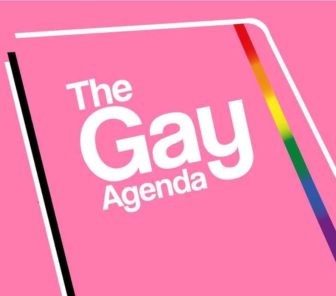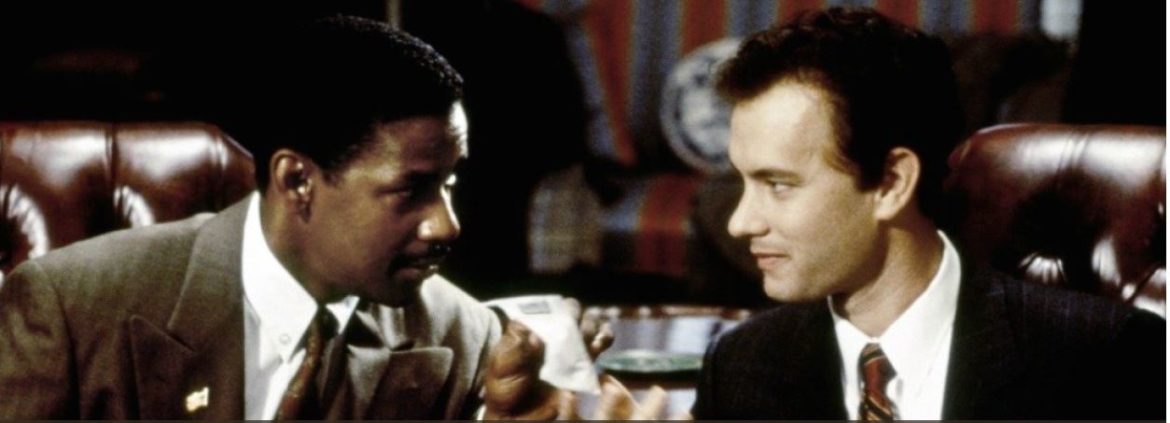 The Gay Agenda is co-published by Manchester Ink Link and InDepthNH.org
The Gay Agenda is co-published by Manchester Ink Link and InDepthNH.org
Welcome Sam Whitaker of Keene State College To The Gay Agenda
Editor’s note: Tori Tucker and Emma Simpson are moving on from The Gay Agenda, but hope to come back as guest writers from time to time. Thank you Tori and Emma. The Gay Agenda is amazing and beautifully fills a serious void in New Hampshire because of your hard work. Thanks, too, for hand-picking your successor, Sam Whitaker. Welcome Sam. Sam is a senior at Keene State College. Sam is double majoring in English Writing and Literature, with Medieval Studies as a minor. He works as a Resident Assistant and is the president of KSC Pride, an LGBTQ+ student organization on campus. When he isn’t writing, Sam’s probably playing a video game or catching up on some sleep. — Nancy West

Sam Whitaker
Greetings from Sam: Hi all, it is my privilege to be stepping in for the lovely writers and creators of The Gay Agenda: Tori Tucker and Emma Simpson. Their decision to step back is the door opening for me to step in. Hopefully, this means I can cultivate a rapport with you. I hope to continue to capture the unique perspective of being queer, a student in New Hampshire, and share a bit of my life with you all.
By Sam Whitaker, The Gay Agenda
This week I’d like to share with you one of the most important, often provocative, moments in a queer person’s life, my life: the act of coming out.
In no other admission of identity is there as much fear of reprisal. To be clear, there are certainly other identities that for those who claim them, a degree of fear is felt. But the fundamental difference when coming out as queer over many other identities, is a sense of invisibility.
Growing up, I lived what I believed to be a fairly normal life for the average American boy. Over the years I played baseball, soccer, basketball, and I even tried out for track (what a horrible mistake that was). I enjoyed science fiction and war movies, as well as occasionally getting into fights with my siblings.
Probably the one thing that would be an indicator of my burgeoning identity was my involvement in theater during my high school years. (Let’s not even get into how heteronormative my high school years were. That’s a topic for another article.)
I didn’t realize my own identity until my sophomore year of high school. Coincidentally, the only thing I learned about being gay in my high school’s version of sex ed was that gay people existed. Obviously, that wasn’t very helpful, nor was the fact that we learned about it from watching “Philadelphia.”
My only experience learning about people like me was watching a movie about a gay man dying of AIDS. The rest of the sex ed portion of the class was validating and informative to the straight students. Essentially, the first place I learned anything about what it meant to be gay, the place where I first came out to myself, was really the worst place to learn about my identity.
Junior year, I was asked point blank by my parents if I was gay. Thankfully, I had a good friend, a girl, I could pretend I was interested in. It’s probably best, parents, to not ask your child if they are gay in the middle of disciplining them. I remember wanting to say yes so badly, but also being so afraid of what would happen. I haven’t even really answered that: what would have happened? I feel like my parents now mostly accept my identity. (Is there work to do? Always.)
I wish I hadn’t felt afraid. I know most parents say they don’t mind, but it is hard to say. When someone’s coming out, it’s a safe bet that they have hung onto every word you said that was even the slightest bit homophobic.
I recall snippets of conversations that were seemingly so inconsequential, yet so terrifying to me to hear, that coming out was the last thing I wanted to do. When gay rights were mentioned on the news, or we talked about the B-52’s, the way voices dipped a little in volume and tone. Even now, comments meant to be supportive and loving sometimes feel like retroactively editing reactions and feelings.
It took until after I graduated high school for me to come out. It took until I was 2,000 miles away in a different state to come out. It took until I felt safe to come out. For every individual, it will take some other set of circumstances for them the feel safe to come out. But every friend of mine who is straight has never had to feel that fear. They never had to wonder what would happen. They don’t even have to admit anything. Coming out is a singularly unique experience to the LGBTQ community.
Even if your family, friends, and colleagues all say nothing has changed for them, something has changed. And sometimes it’s more painful when people pretend nothing has changed. My admission of a fundamental part of my identity, a part that you thought was straight all the time you knew me, has no effect on you at all? Look, I don’t want you to do anything outrageous, but there’s something damning about that kind of reaction.
When someone comes out as gay (or any other queer identity) understand that they kept it from you, because of you — because of the culture that you perpetuate, or the environment that you create.
I have to come out to people all the time because they assume straightness. People make homophobic jokes in front of me, talk down my identity, or express the desire to rescind my rights, because they automatically assume I’m straight. And this is the experience of so many others.
It makes a world of difference to LGBTQ people when you create an environment of acceptance. Coming out often feels dangerous and risky. Be the person someone feels comfortable coming out to.






